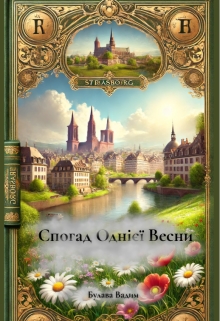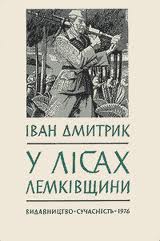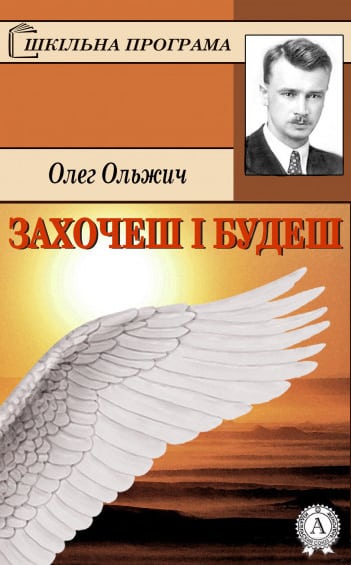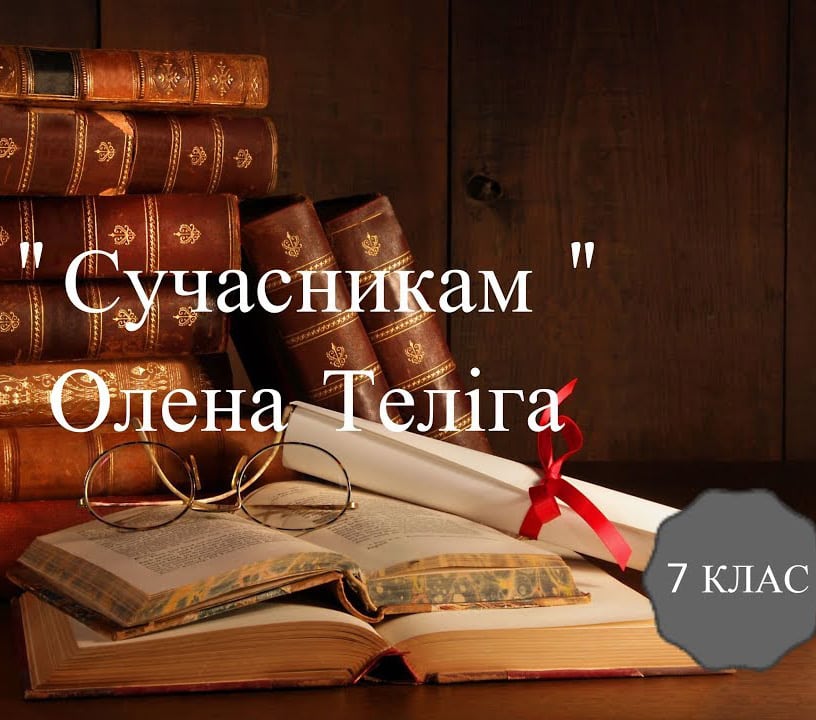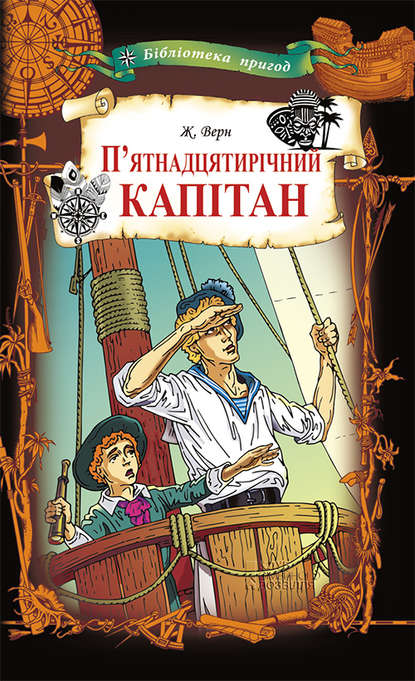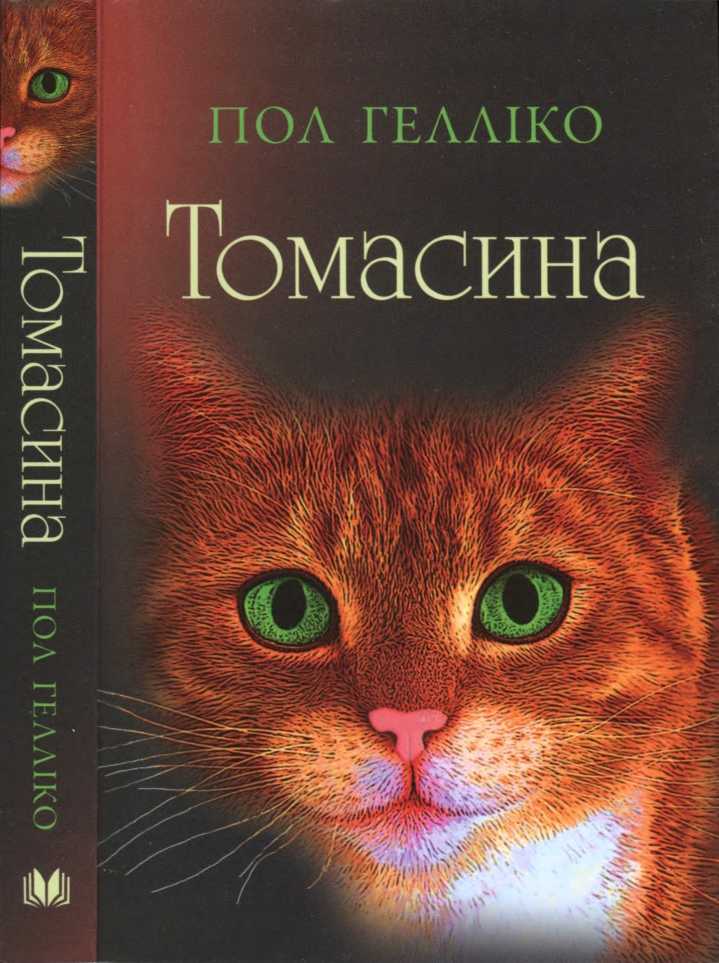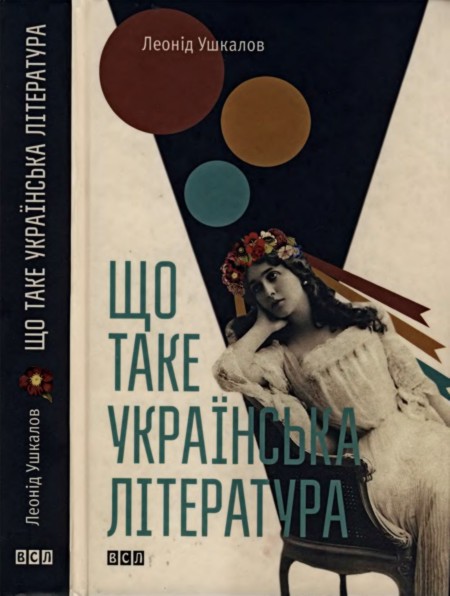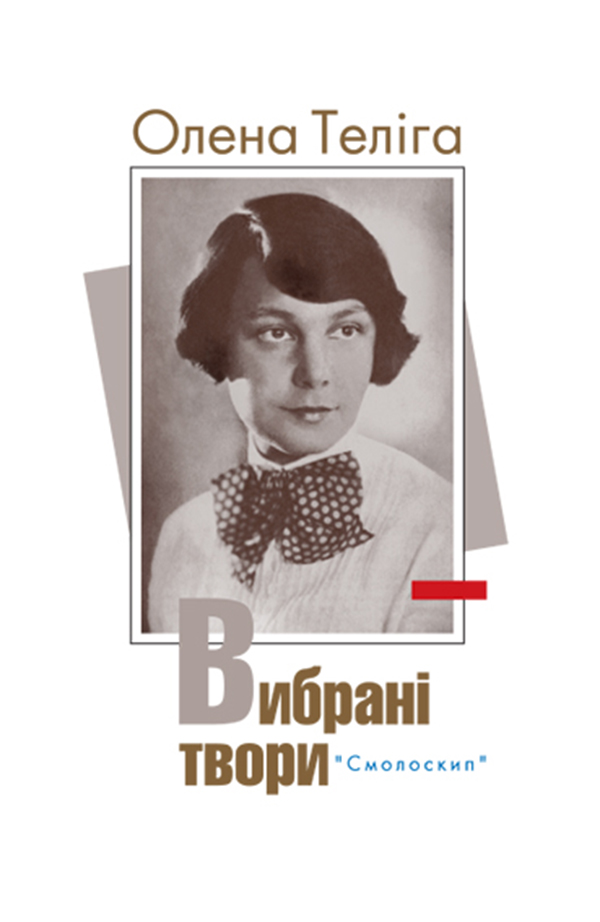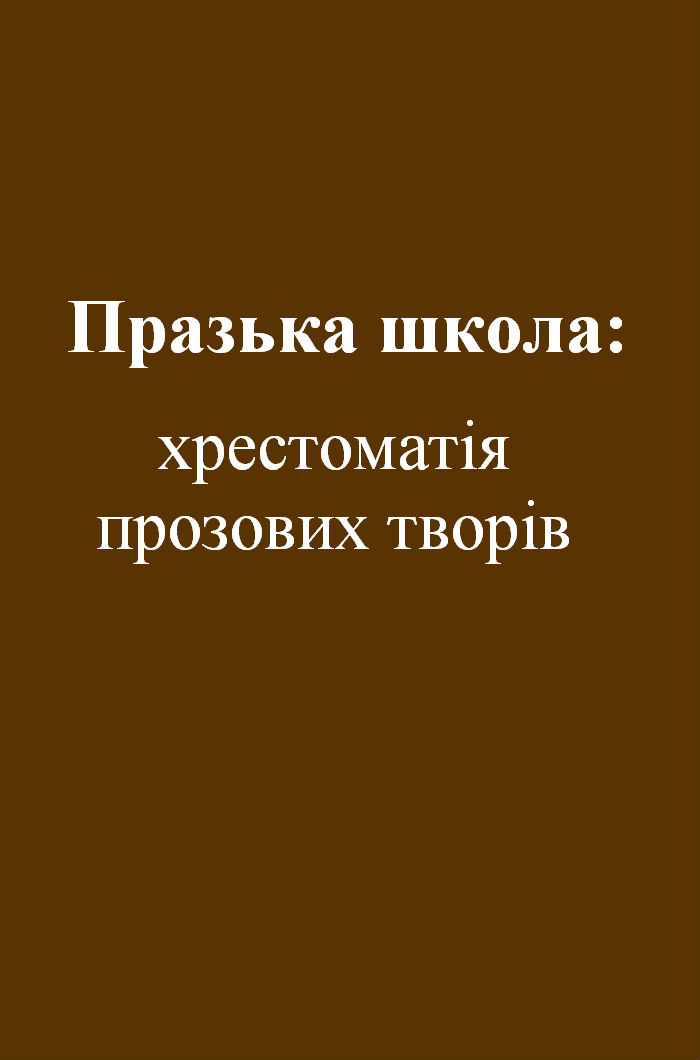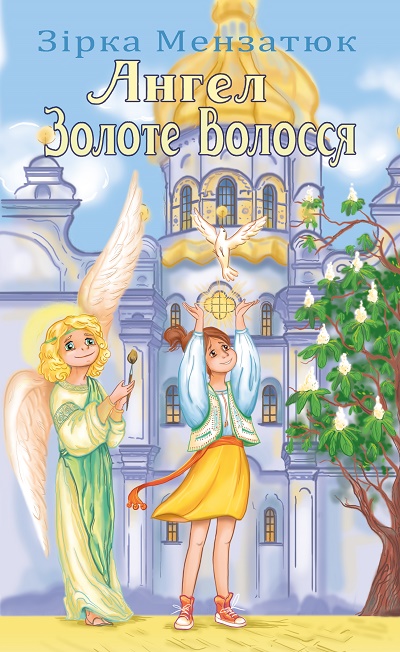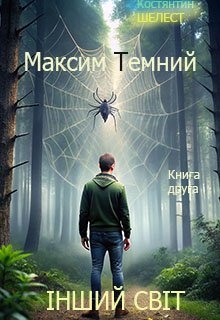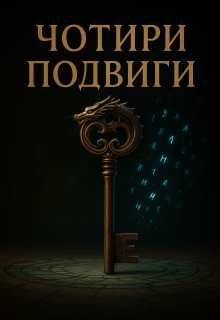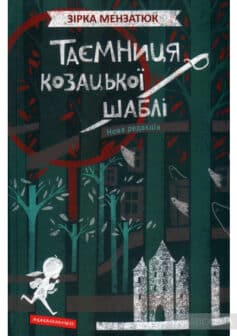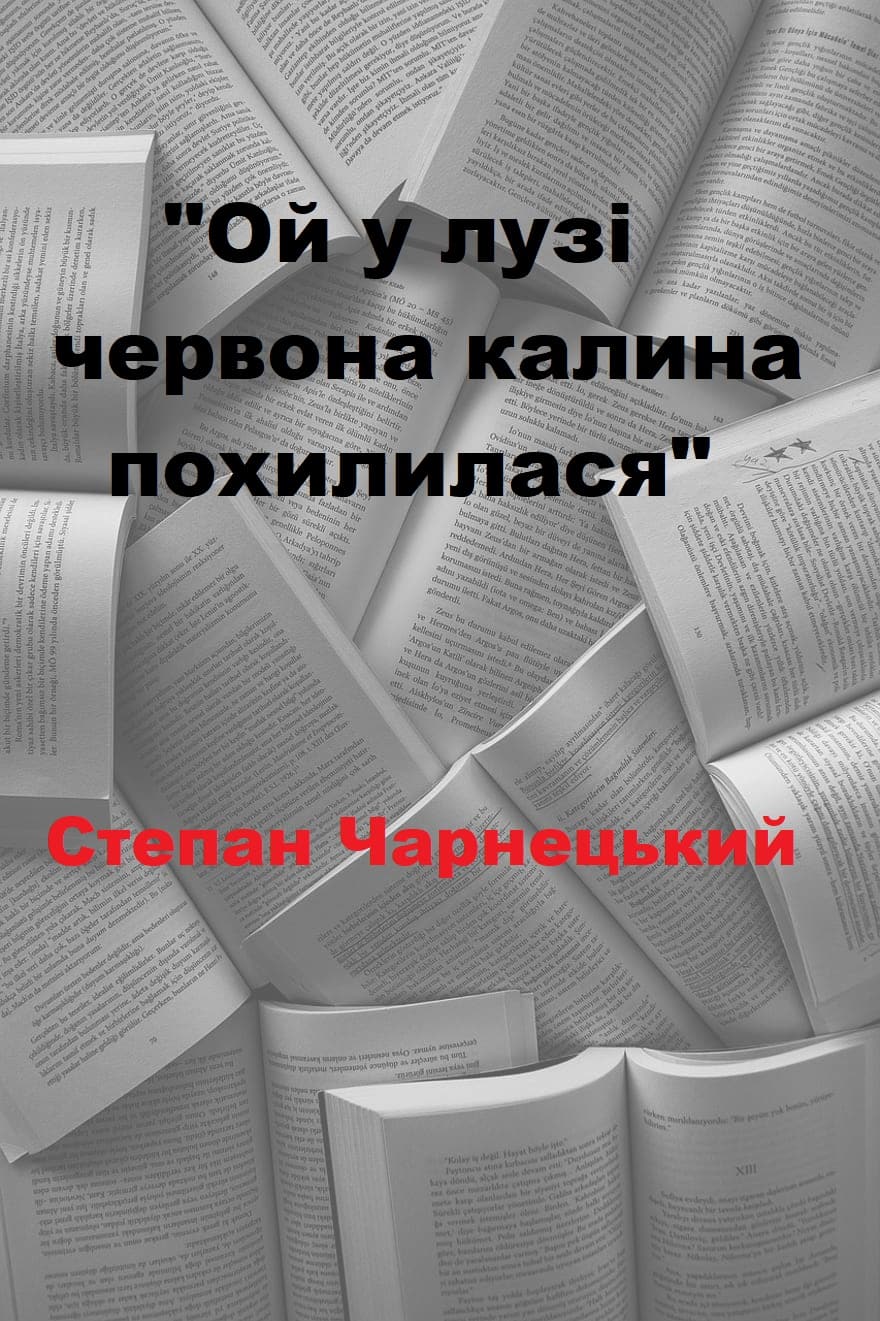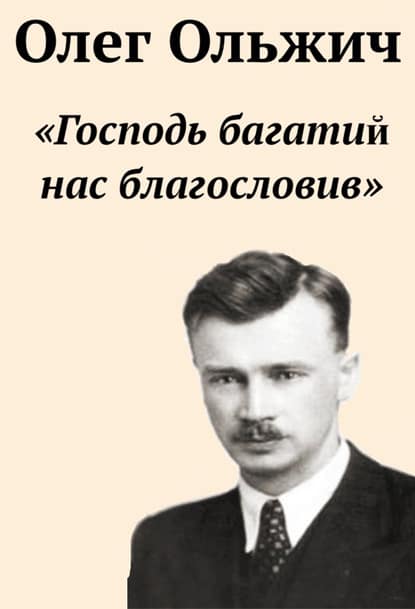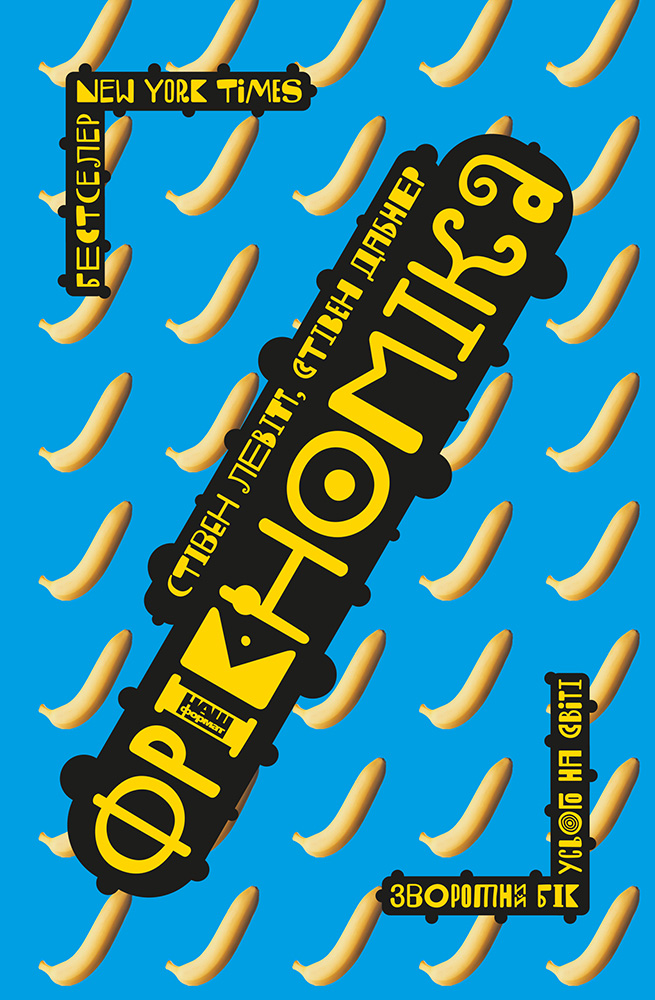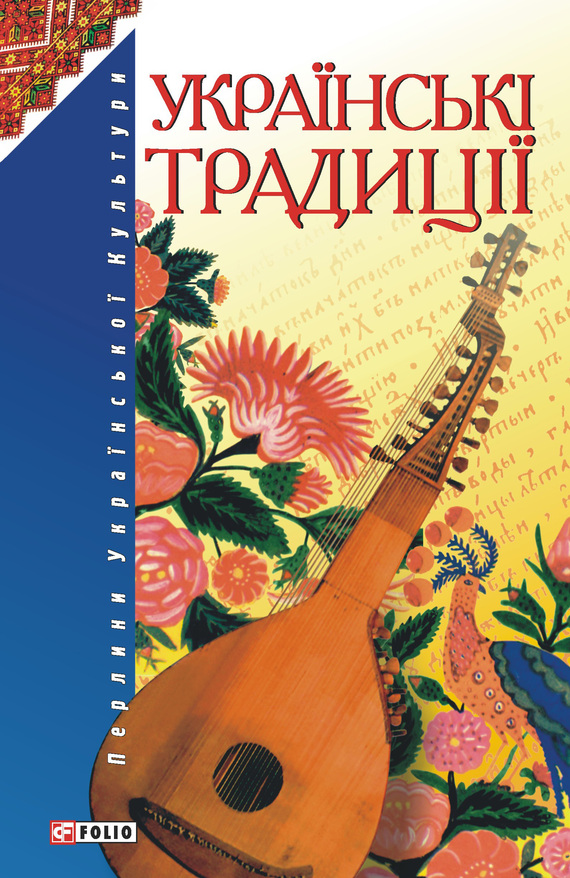Читати книгу - "Genghis Khan and the Making of the Modern World"
Шрифт:
Інтервал:
Добавити в закладку:
Once the dung ignited, Professor. O. Sukhbaatar sprinkled some incense of finely ground cedar into the fire. The smell generated a soothing effect that softened the excitement of the long search, and at the same time focused our attention on the fire itself. The smoke wafting from the incense and dung signaled the success and conclusion of this phase in our quest. All the men shuffled a little and gradually pulled themselves up more erectly. Every culture has its proper way to dress and appear respectful. For the Mongols, the three breast buttons had to be securely fastened, their collars pulled straight, and the sleeves of the deels pulled down to cover their wrists and part of the upper hand. Each man tightened the wide gold sash and then bloused out the upper part of the deel to make it loose and full.
When we had identified the place on our earlier passage through here, the herders had asked Professor Sukhbaatar to mark a stone on this place so that everyone would know what had happened. A lady who lived nearby explained that because such knowledge was forbidden for so long, they wanted their children to know it now. For them, the way to remember it was to have it carved in stone. All of the herders respected the elderly professor. They knew him from the years after the purge of scholars, when alone and at great risk to his life, he set out on his journey of more than a million kilometers tracing the route of Genghis Khan and relying on the hospitality of the herders to protect, house, and feed him in his quest.
Now, after completing our journey, Professor Sukhbaatar consented to their request to erect a stone to commemorate the kidnapping of Borte from Temujin. It was quickly decided that he would write the text, Professor T. Jamyansuren would design the calligraphy of the Old Mongol script, and the students would find a stone and engrave it. After sending a student to fetch his well-worn almanac, Professor Sukhbaatar squinted through his smudged glasses to follow a long series of charts and diagrams. He made notes with a stubby pencil on a small slip of paper, performed some quick calculations, and looked up more charts in the almanac. He then announced the most propitious day on which the students should return to this spot to erect the stone.
This piece of business behind us, Professor Lkhagvasuren pulled a bottle of vodka out from the hidden recess of his deel, sprinkled it on the stones, threw some into the air, and touched it to his forehead. In some intimate way or other, each person connected directly back to the story we were researching. Lkhagvasuren had traveled this area many times with his teacher and mentor, the archaeologist Perlee, and when the authorities put Perlee in prison, they also arrested Lkhagvasuren’s father for being too much of a nationalist. They sent his stepmother into internal exile far out in the country, and as the children of political prisoners Lkhagvasuren and his younger siblings were turned out into the streets of Ulaanbaatar. In the months before the authorities came to take him away to the Children’s Prison, he managed to heap enough dirt over a small shed outside of town to serve as a home for his siblings through the winter while they would be alone. After spending his teen years in prison and in forced service on a distant border, he resumed the archaeological work of his mentor.
For each person—whether herder or scholar—the history around us was neither abstract nor distant; their Mongol history cut through their lives as sharply as if the events had happened only last week. For me, the quest across Mongolia and back through time had begun in nearly childlike curiosity that had developed into an intellectual and scholarly quest, but for my Mongol colleagues each step in our search grew much more personal and much more deeply emotional. Each day, as we understood better the hardships and heroism of their ancestors, we slipped farther back into time. Where we stood was not just another historical place; on this spot, the mother of the Mongol nation had been attacked, kidnapped, and ravished. When she was taken from him, the boy Temujin risked all, including his young life, to get her back. He rescued her, and for the rest of his life he fought to keep his own people safe from outside attack, even though that meant that he would spend his life attacking outsiders. In the process, he changed the world, and he created a nation.
They knelt before the small pile of smoking dung, sniffling and with tears pooling in the corners of their eyes. In the golden but dimming light of dusk, eight centuries melted away, and the pain of that dawn of terror so long ago floated in the smoke around us. As the incense burned on the small mound of stones, each person stepped forward individually to honor this place. He took off his hat, knelt before the stones, touched his head to the frozen earth of this sacred spot, and then got up and walked slowly three times around the stones while tossing vodka into the air.
Each person pulled out something as a small personal gift to leave on the stones—the stub of a sugar cube, a few matches, a candy wrapped in crinkling paper, a sprinkle of tea leaves. It was almost as though they wanted to reach back through the centuries to offer these small gifts of nourishment and warmth to the fleeing and frightened Borte as her kidnappers slung her on
!Увага!
Сайт зберігає кукі вашого браузера. Ви зможете в будь-який момент зробити закладку та продовжити читання книги «Genghis Khan and the Making of the Modern World», після закриття браузера.

